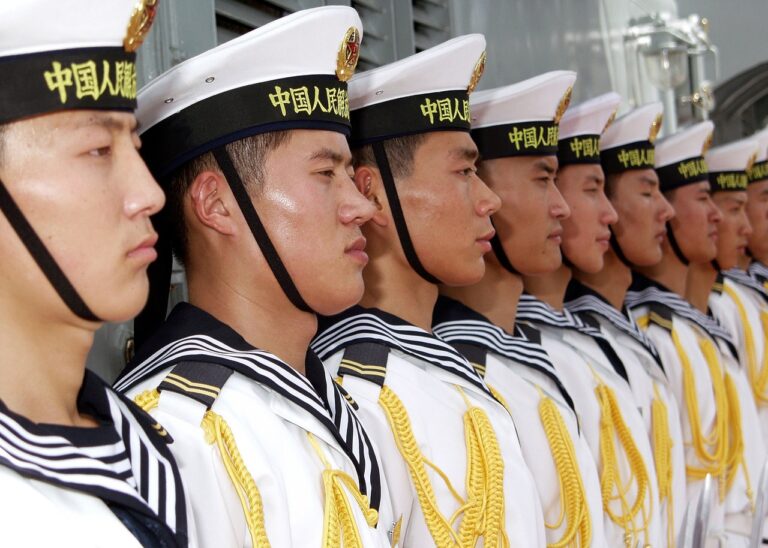In a new diplomatic move announced on Friday, Australian Prime Minister Anthony Albanese pledged support to the Pacific island nation of Tuvalu, offering a lifeline to its residents grappling with the escalating impacts of climate change.
Albanese unveiled a plan at a meeting of Pacific leaders in the Cook Islands, presenting a lifeline that aims to help Tuvaluans escape the escalating threats posed by rising seas and intensified storms. The Australian initiative will enable up to 280 Tuvaluans to relocate to Australia annually, acknowledging the vulnerability of Tuvalu’s low-lying atolls to the effects of global warming.
“We believe the people of Tuvalu deserve the choice to live, study and work elsewhere, as climate change impacts worsen,” Albanese asserted, reports the AP.
He emphasized Australia’s commitment to providing a special pathway for Tuvaluans, granting them access to Australian services that facilitate human mobility with dignity.
The bilateral partnership, named the Falepili Union, was established at the request of Tuvalu and is rooted in the Tuvaluan principles of good neighborliness, care, and mutual respect. Albanese hailed the agreement as groundbreaking, underscoring Australia’s acknowledgment of its role within the Pacific family.
Tuvalu Prime Minister Kausea Natano expressed gratitude for Australia’s unwavering commitment, stating that the partnership signifies a significant leap forward in their joint mission to ensure regional stability, sustainability, and prosperity. The AP reports that the new arrangement respects the sovereignty of both nations and commits them to supporting each other in the face of challenges such as climate change.
The urgency of Australia’s intervention stems from NASA’s Sea Level Change Team assessment, which predicts that much of Tuvalu’s land and critical infrastructure will be submerged below the current high tide level by 2050. The report also warns that Tuvalu will experience over 100 days of flooding annually by the end of the century, with worsening sea-level impacts, including saltwater intrusion.
If all Tuvaluans opt to take up Australia’s offer, and the migration cap remains at 280 individuals per year, the relocation process could span approximately 40 years for Tuvalu’s entire population.
Albanese further announced additional funding from Australia for Tuvalu’s Coastal Adaptation Project. This initiative seeks to expand land around Tuvalu’s main island of Funafuti by approximately 6%, aiming to help retain Tuvaluans in their homeland despite the challenges posed by climate change.
Responding to queries from reporters about the possibility of similar treaties with other Pacific nations, Albanese emphasized that the Tuvalu announcement sufficed for the day. He reiterated that the decision was prompted by Tuvalu’s unique circumstances as a low-lying nation facing existential threats from climate change.
The announcement by Albanese followed a retreat of Pacific leaders on the picturesque island of Aitutaki, concluding meetings at the Pacific Islands Forum.












